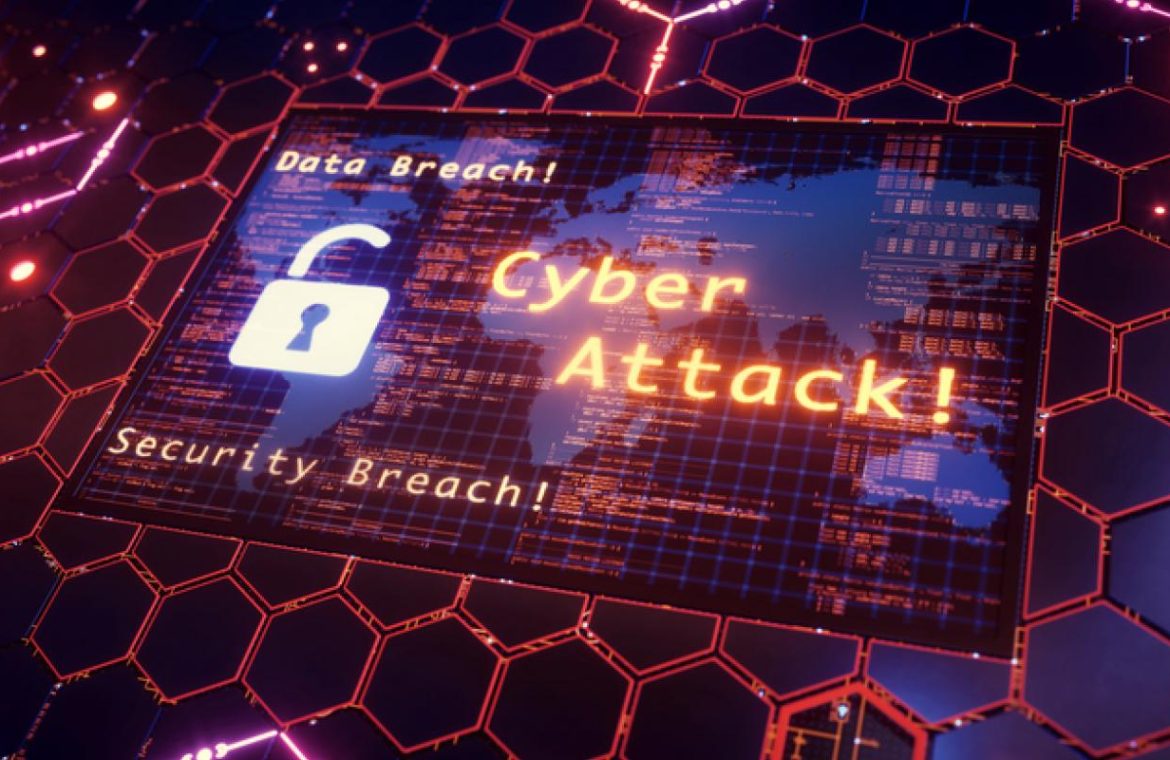Did you know that a hacker attack is recorded every 39 seconds? Cyber-attacks have become a regular topic in the news over the past few years. With over 3.5 million people online, these attacks can potentially disrupt everything, including safety-sensitive personal and business information.
What are Cyber-Attacks?
Cyber-attacks are attempts to disable, expose, destroy, alter or steal information using unauthorized computer programs. The motives for these attacks vary. They can be personal, criminal, or political. State actors, criminal organizations and private persons can launch these attacks against people, business organizations and enterprises. They target mobile phones, personal computers, IT infrastructure, computer networks and IT systems.
Anything Can Be Hacked- What Cyber Attacks Can Do
Anyone whose phone or computer is connected to the internet can be hacked. Online predators and computer hackers use spam email, phishing scams, bogus websites and instant messages to send dangerous malware to your phone or computer, compromising your data security. The online villain will install the malware on your PC, transmitting your private information without your consent. Once they have your personal and financial information, hackers can:
Withdraw all your money and register new bank and credit card accounts using your information
- Damage your credit score
- Acquire cash in advance
- Take control of your passwords and PINs
- Purchase items
- Misuse your Social Security Number
- Request more credit cards in your name
- Sel or give your personal data to third parties for illegal use
Is Someone Spying On You Through Your Camera?
Let’s get this out of the way. Someone can spy on you through your phone camera. If a hacker accesses your phone even for the shortest time of between 5 to 10 minutes, they can quickly download and install spyware. This application gives them unlimited access to other features of your phone, including your contact list, messages, photos, etc. Even worse, there are some elements that you cannot access with your phone at hand but can be accessed remotely, such as deleted photos and messages.
When hackers go for your device camera, they look for particular rather than information. This application is designed to be hidden for utmost discretion. It can be installed by your parent, spouse, children or boss. Fortunately, modern devices are equipped with an indicator icon or light which comes on anytime the camera is active. If you notice your device camera icon comes on randomly, you might want to pay attention and find out if someone is spying on you.
How to Prevent Your Devices From Cyber Attacks
Look out for email messages from unknown parties and never open attachments or links on the messages. Inbox spam filters are more efficient than ever at detecting spam messages. All the same, more advanced messages mimicking your family, trusted business associates such as banks are also on the rise. Therefore, you should pay attention to any conspicuous mail to be safe. Here are other ways of safeguarding your device and protecting your most sensitive information.
Double Check Software Before You Install
Before installation, many applications request mobile phone cameras and photos access. You might want to avoid installing such applications on your devices unless you trust the creator. This will protect your phone from external tampering and theft of your personal information. Ensure that the permission you grant is relevant to the downloaded application. Remember that it is impossible to disable the permission once you install the app.
Create Complex Passwords
Creating a strong password is an effective way of protecting your device from network intrusions. The more complex your password, the more secure it is, making it hard for hackers to access your system. Your password should be at least eight characters long with a combination of upper and lowercase letters, numbers, and symbols. Remember that hackers are experts with numerous tools at their disposal, which they can use to crack short, simple passwords in minutes. Do not use obvious numbers such as 1234, 0000, or your birthdate to secure your devices. Do not reuse old passwords or any information that can be linked back to you.
Avoid Public and Free Wi-Fi
Before you connect to a public Wi-Fi in a restaurant, mall or bank, confirm the official name for the network from the staff. Hackers can create fake Wi-Fi networks with a name almost similar to the legitimate network, for instance, “Caffey” instead of “Café”. In addition, you might need to provide personal information like email accounts and passwords which puts you at risk of cyber-attacks. You can also enable your device’s remote wiping and locking functions if it can support them.
Secure Your Device With An Antivirus Software You Can Trust
Computer malware and viruses are everywhere, attacking individuals and organizations alike. Fortunately, you can install a free antivirus program on your device and stay one step ahead of cyber-attacks. If you are searching for advanced features such as ad-blocking and blocking phishing attacks, you can choose the pro-option at as low as $35.99 a month.
Viruses can destroy your operating system, delete files, or slow down your computer. With an effective antivirus program, you can detect real-time threats, protect your device OS and keep your data safe. Even better, some antivirus programs are self-updating, making it possible to protect your devices from new, advanced viruses. All the same, installing your antivirus software is not enough. Put it to use. Schedule or run regular scans to keep your device malware-free.







